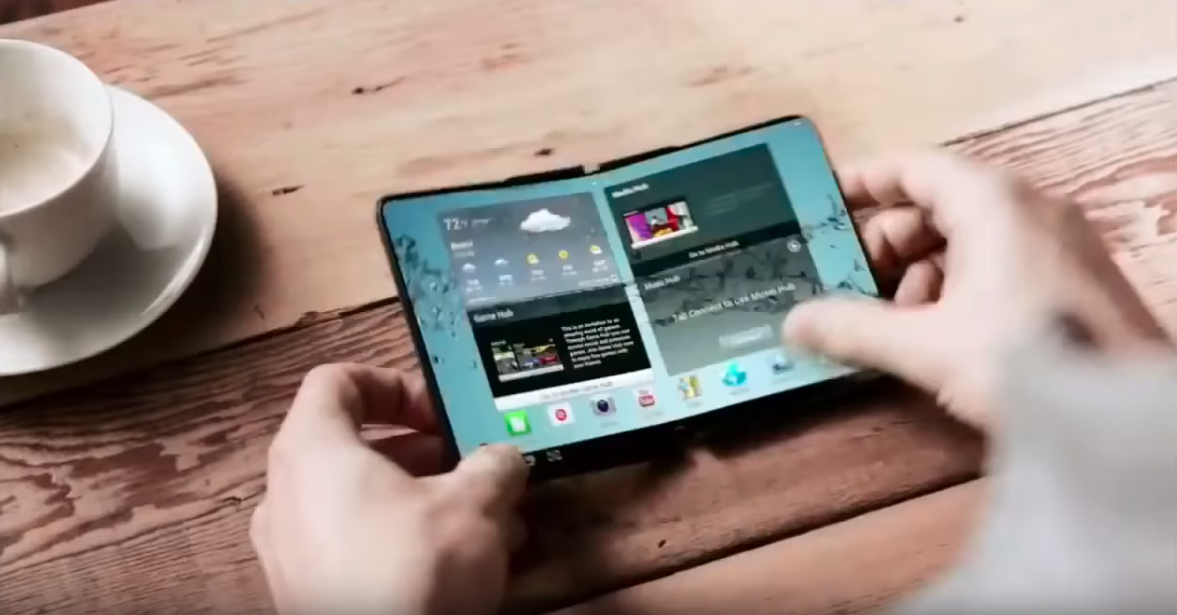Samsung says folding phone is also a tablet - and not a gimmick
Samsung has dismissed claims that its upcoming folding smartphone will be a niche product sold only in a handful of markets.
Chief executive of Samsung's mobile division, D.J. Koh, says the handset, which doesn't yet have an official name, will be "meaningful" for consumers and will be sold globally for a long time, not just a few months. He also explained how the device will be a smartphone when closed, then work as a tablet with multitasking when opened.
Read More:
- Samsung and Huawei are in a race to build the world's first folding smartphone
- Samsung confirms folding smartphone will be revealed in 2018
- Return of the RAZR? Motorola is also working on a folding smartphone
Yet to be seen in public, the handset is claimed to feature a regular-sized smartphone screen on the outside, but then opens up to reveal a tablet-sized display inside. The device is likely to have a similar form-factor to a concept shown off by Samsung back in 2013, pictured above. Samsung has previously said the phone could launch at the company's developer conference, which begins with a keynote address on November 7.
Speaking to CNET at the recent launch of the Galaxy A9, a phone with four rear cameras, Koh said: "When we deliver a foldable phone, it has to be really meaningful to our customer...If the user experience is not up to my standard, I don't want to deliver those kind of products."
Koh added that the handset will not be a "gimmick product" that will "disappear after six to nine months after it's delivered." This suggests the phone will be on sale for at least a year, like other mainstream handsets made by Samsung and its rivals.
The Samsung boss also said how the phone will be sold globally, which is an improvement on other experimental handsets from Samsung's past, like the Galaxy Round, a curved-screen phone which was only sold in the company's native South Korea. The Galaxy Edge was also sold in limited markets, before paving the way for handsets with curved edges, like the Galaxy S6 Edge, S7, S8 and S9.
As the smartphone market becomes stagnated with devices which all look the same, the folding Samsung could be the breath of fresh air the industry needs. If Samsung can pull it off, the device will offer pocket-friendly dimensions, but with a display (once unfolded) which is much larger than any current smartphone, and more in line with a small tablet like an iPad Mini.
We can see such a device being useful in the smart home, where folding it open could reveal a large and detailed app for controlling connected devices like lights, locks and heating.
Huawei, the world's second-largest smartphone maker (behind Samsung) is working on a folding device of its own, which is also expected to be revealed in late-2018 or early-2019. LG and Motorola are also believed to developing similar handsets.
